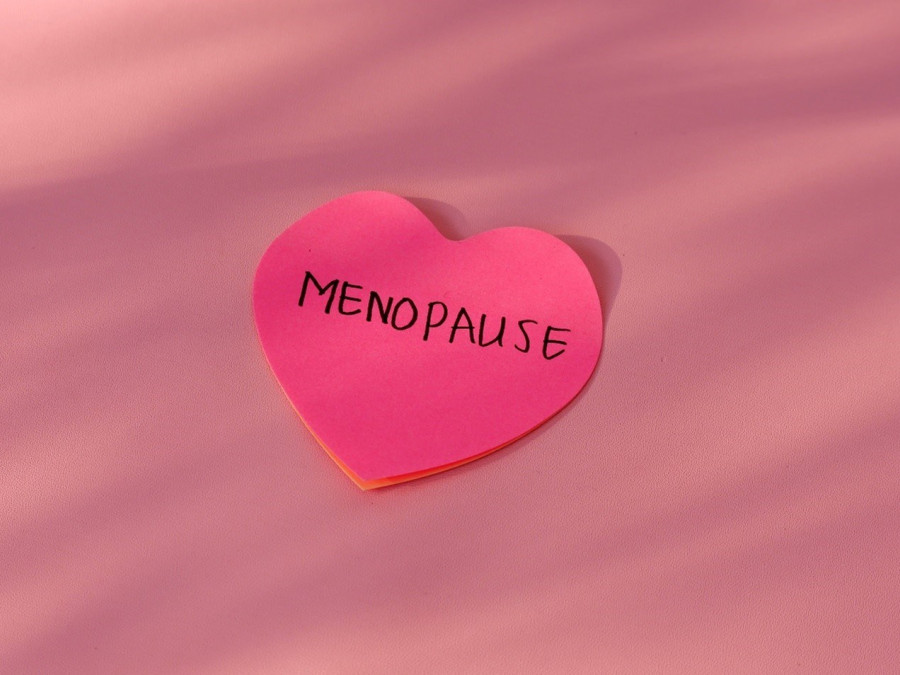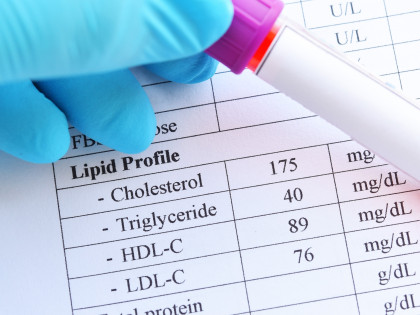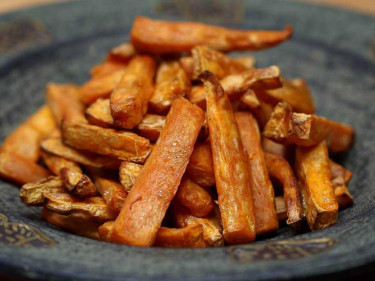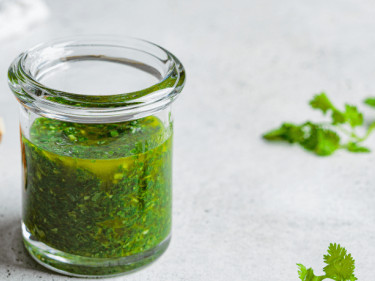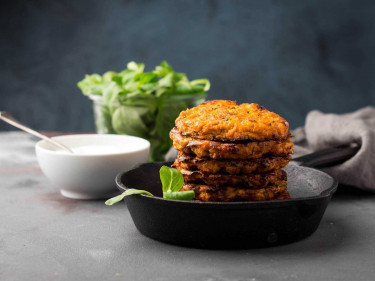What is menopause?
The journey through menopause can be a roller coaster! Symptoms can include hot flushes, night sweats, sleep disturbance, dry and itchy skin, mood changes, anxiety, depression and weight gain. For some, it can be relatively uneventful.
Menopause is medically defined as not having any menstrual bleeding for 12 months. Most women reach this milestone between the ages of 45 to 55.
Does menopause affect weight?
Menopause leads to a reduction in total daily energy needs. This is because the menstrual cycle had a small energy cost of about 200 kilojoules (50 Calories) a day to support ovarian function, which is then ’saved’. In addition, body fat requires less energy to maintain compared to muscle. This means that if you stay the same weight but gain fat and lose muscle tissue, then your body actually needs less energy than before. Research looking at changes in body fat stores during menopause found that total body fat increased significantly. During menopause, women also experience a shift in how fat stores are distributed around the body. Fat tends to move from the thigh region up to the waist and abdomen. Abdominal fat is associated with a higher risk of heart disease and type 2 diabetes compared to fat stored on thighs.
Preventing weight gain at menopause
While about 60% of women manage to avoid weight gain at menopause, for the 40% who don’t, knowing about protective factors can be helpful. The current best evidence on preventing weight gain at menopause related to making positive lifestyle changes. These include having a focus on:
- A healthy eating pattern
Research looking at eating patterns in post-menopausal women found that low-fat, nutrient-rich diets are associated with beneficial effects on body composition. Having a dietary pattern that aligns with the Australian Dietary Guidelines and eating healthy foods that have anti-inflammatory and antioxidant properties, including olive oil, brightly coloured vegetables and fruits, seafood, wholegrains and nuts is associated with a significant decrease in blood pressure, reduced body fat, and improved cholesterol levels. In a study aimed at preventing menopausal weight gain in Australian women, eating five serves of vegetables per day was one of the most effective strategies for long-term weight control during menopause.
- Having enough protein
Eating enough protein is important during the menopause transition to help maintain muscle mass and promote feelings of fullness throughout the day (helping to prevent overeating). In Australia, the protein recommendation for women 19-70 years is 0.6g/kg each day, and for women over 70 years is 0.75g/kg each day. As an example, this means that the daily protein recommendation for a woman aged 55 years, weighing 60kg would be 36 grams a day. For a woman who is 75 years and weights 60kg the daily protein recommendation would be 45g.
If you are interested in figuring out your daily protein intake, you could do this by an app e.g., Easy Diet Diary, Calorie King, or could book in for a consultation with an Accredited Practising Dietitian.
- Being Physically active
Being physically active long-term is associated with better weight maintenance during the peri- to post-menopause period. This was shown in the 40-something study which aimed at preventing menopausal weight gain in Australian women, where taking 10,000 steps per day was one of the most effective strategies for long-term weight control. Another study testing 90-minute Nordic walking three times a week found associations with reduced weight and body fat levels.
Other studies in postmenopausal women have shown that both moderate and high intensity and strength training can lead to positive effects on weight.
- Professional support
The 40-something study in Australian women also demonstrated professional support from a dietitian and an exercise physiologist resulted in lower body weights and less body fat in comparison to receiving the same information via a brochure only.
Nutrition Science Bites conversations:



